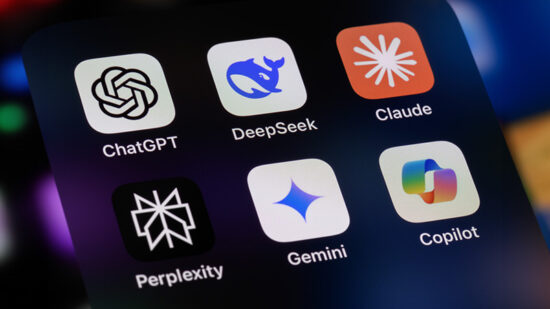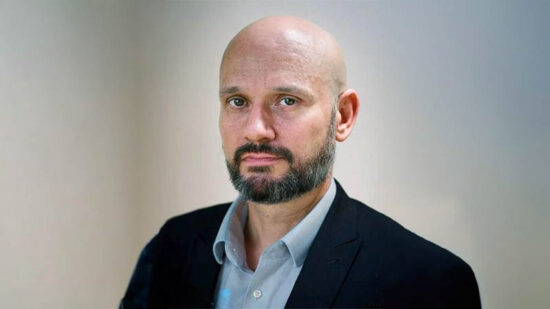Advisers face a ‘dual threat’ from AI in the risk of ultimately being replaced and making poor decisions in an investment bubble in the meantime, according to Simon Evan-Cook, fund manager, VT Downing Fox Funds.
Advisers’ fate is far from sealed however. Evan-Cook laid out how they can rise to the challenge this wave of technological advancement presents in his latest commentary note.
“By now, most of you will have played about with artificial intelligence software, so you know how gobsmackingly revolutionary it is,” he said.
He noted it is possible to do creative tasks in 30 seconds using AI, when previously it would have taken weeks using an expensive squad of people.
See also: Quilter tops lang cat’s advised platform sales chart as industry outflows rise
“Therein lies the fear, it’s going to replace a lot of jobs,” Evan-Cook said. “If you haven’t already, then, when you do get to play with AI, I bet you’ll be gripped by the same fear as the rest of us: ‘Holy smoke – will I even have a job in five years’ time?’
“The honest answer to that question is I don’t know. But we can at least look back at what, and who, survived previous waves of disruption. In doing so we can guess who might survive the onslaught, and how we can be one of them.”
Homing in on the implications for advisers, Evan-Cook noted that AI is already capable of giving what ‘at least sounds like financial advice’. It may not always be good advice, yet, but in many cases it will be better than no advice or poor advice from a human.
See also: Invesco says growth and employment figures now driving markets as it takes defensive position
As AI advice gets better, Evan-Cook noted the key advantage human advisers must press home. Namely; increasing their personal interaction and relationship building.
“AI can give impressive-sounding answers, but for stuff that really matters, like health or money, it’ll be a while yet before we’re comfortable not being advised, or at least sense-checked, by a trusted human. Any acts to strengthen your client relationships, therefore, are bricks in your defensive wall.”
In terms of client investment decisions, AI presents the pitfall of buying into a hype driven bubble rather than finding the real opportunities the technology offers.
“To witness the hand-wringing from some asset allocators, you’d think this is a hard call,” Evan-Cook said. “They complain that equities are the best asset for beating inflation, but that stockmarkets are expensive, so they’re stuck between a rock and a hard place.
See also: Chancery Lane Research: What advisers are getting wrong about risk
“Well, equity markets may be expensive, but most individual equities are not. The markets only look expensive because of the valuations of their largest components. So the answer seems simple to me – hold equities, but avoid the dangerously expensive ones.
“Even if they’re large, brilliant companies that look like they’ll win from AI. To do that you’ll need to get a little active, as in ‘selective’ though, which is an increasingly unusual thing to do.”








